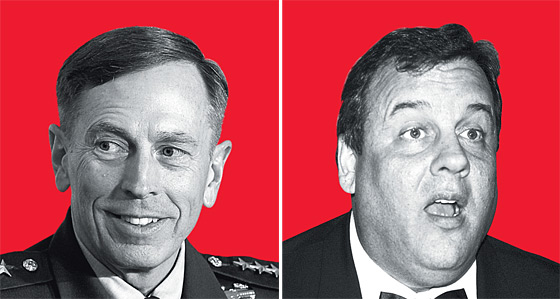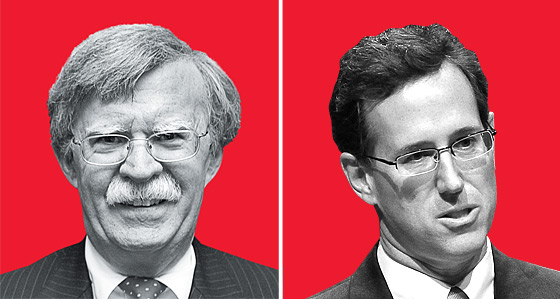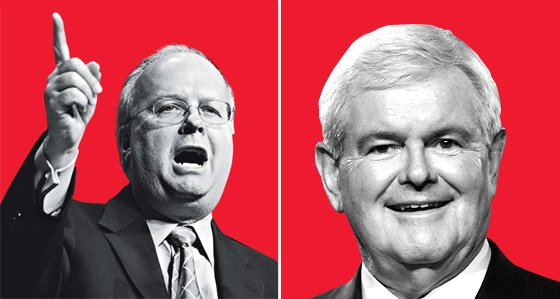April 12th, 2011 - -
Historic Spending Cuts the Centerpiece for Final Continuing Resolution (CR) for Fiscal Year 2011
WASHINGTON, D.C. – The final Continuing Resolution (CR) legislation for fiscal year 2011 unveiled today by House Appropriations Chairman Hal Rogers contains historic spending cuts of nearly $40 billion, and will provide funding to keep the federal government operating for the remainder of the fiscal year. The passage of the bill in the House and Senate will mark the end of an arduous and long-overdue budget process initiated by the failure of the previous Democrat-controlled Congress to pass a budget or enact a single one of the 12 annual Appropriations bills last year.
“Never before has any Congress made dramatic cuts such as those that are in this final legislation. The near $40 billion reduction in non-defense spending is nearly five times larger than any other cut in history, and is the result of this new Republican majority’s commitment to bring about real change in the way Washington spends the people’s money,” Chairman Rogers said.
“My committee went line-by-line through agency budgets this weekend to negotiate and craft deep but responsible reductions in virtually all areas of government. Our bill targets wasteful and duplicative spending, makes strides to rein in out-of-control federal bureaucracies, and will help bring our nation one step closer to eliminating our job-crushing level of debt.” Chairman Rogers continu
To view the text of this Continuing Resolution, please visit
To view a summary of the legislation, please visit:
For a list of highlighted program cuts, please visit:
Serbia’s President Boris Tadic said British and American intelligence had assisted Serbian state security in the operation to find Mladic.
“Today, early in the morning, we arrested Ratko Mladic. The extradition process is under way,” Tadic said.
Croatian media, which first broke the story, said police there got word from their Serbian colleagues that DNA analysis confirmed Mladic's identity. Belgrade's B92 radio said Mladic was arrested on Thursday in a village close to the northern Serbian town of Zrenjanin.
Serbian media reported that the suspect was living under the name of Milorad Komadic.
The European Union said it has “all reasons to believe” that Mladic has been arrested. The EU has conditioned Serbia’s membership bid on the arrest of Mladic.
Serbia had been told it must arrest Mladic, sought by the UN war crimes tribunal for the former Yugoslavia (ICTY) for genocide during the Bosnian war, if it wants to join the European Union.
Mladic has been on the run since 1995, when he was indicted for allegedly orchestrating the Srebrenica massacre. He is charged with genocide, crimes against humanity and violations of the laws of war.
It has long been suspected that he has been living in Serbia, where many people still regard him as a hero and a defender of Serb rights during the 1992-1995 conflict.
Two years ago, video footage emerged of Mladic living freely in the country, enjoying himself at a ski resort and dancing at a wedding.
The arrest comes after a report by the chief prosecutor at the UN's court for the former Yugoslavia scolded Serbia earlier today for not doing enough to arrest Mladic.
Prosecutor Serge Brammertz said the capture of the wartime fugitive was Serbia's biggest obligation.
"The capture is the biggest obligation of Serbia. Until now efforts by Serbia to detain fugitives have not been sufficient," Brammertz said in the report sent to the UN Security Council.
Under Mladic's command, the Army of Republika Srpska killed more than 8,000 Bosniak men and boys in the Srebrenica massacre of July 1995.
Between April 1992 and February 1996, the army laid siege to Sarajevo killing an estimated 10,000 people.
William Hague, the foreign secretary, said: “The arrest of Ratko Mladic is a historic moment for a region that was torn apart by the appalling wars of the 1990s. Ratko Mladic stands accused of terrible crimes committed in Bosnia-Herzegovina and it is right that he will now be brought to face international justice. Today our thoughts are with the relatives of those killed during the siege of Sarajevo and genocide in Srebrenica.
“We congratulate the Serbian authorities on this arrest, which is evidence of the Serbian Government’s commitment to co-operation with the International Criminal Tribunal for the Former Yugoslavia.
“We now look forward to the rapid transfer of Rakto Mladic to The Hague so that the charges against him can be heard in an international court of law. Our sympathies are with all those who lost loved ones during those conflicts. Today should mark the beginning of a new chapter for the countries of Western Balkans."









